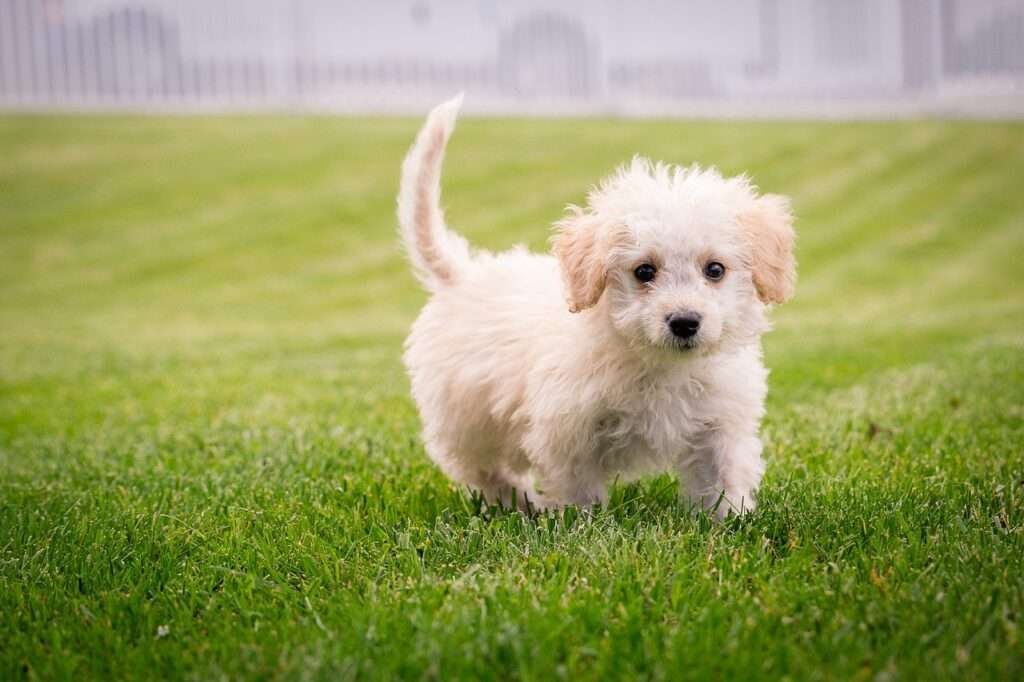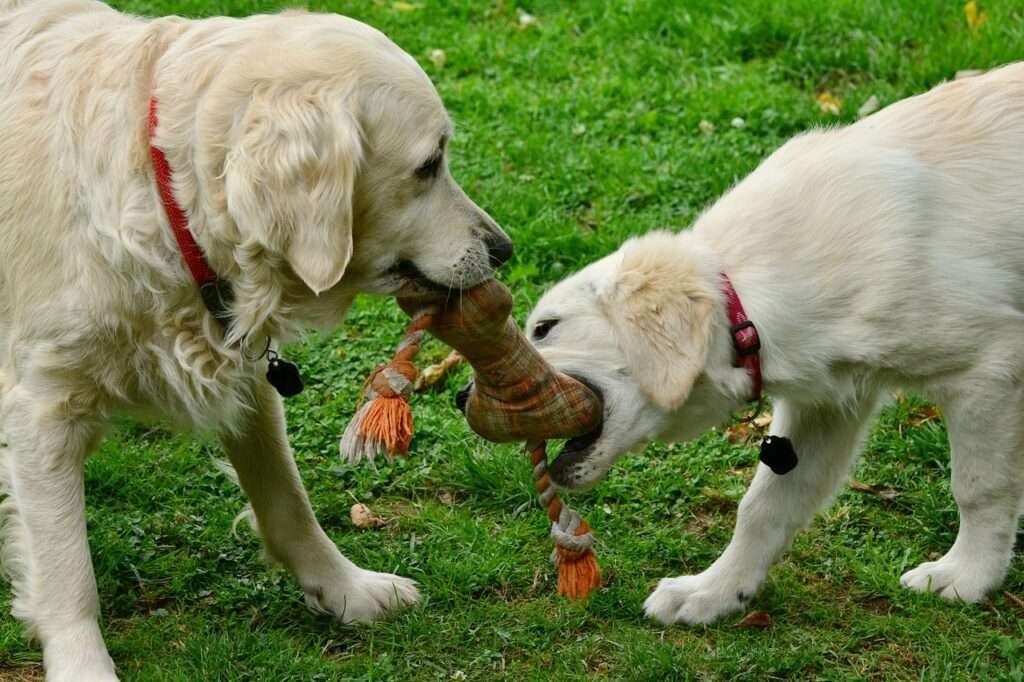Are you tired of your furry friend transforming your yard into a construction zone? You’re not alone! Many dog owners face the challenge of managing their pet’s digging habits including myself. My dog used to make my beautiful yard a mess. Every time it’s out in the garden, it digs a new hole, making the garden look awful. What can I do to stop this behavior?
New dog owners imagines how great it’ll be with a new dog, but then they start doing annoying things like digging holes in the garden But fear not, I’ve got you covered with easy-to-follow strategies to put an end to your dog’s digging adventures. So, how do we fix it? In this article, find the the reasons behind your dog’s digging behavior and provide practical solutions based on my personal experience.
Table of Contents
ToggleUnderstanding Your Dog’s Digging Behavior
Digging holes is a natural trait for dogs, with over 80 percent of dog owners in the USA reporting that their dog likes to dig . Before we get into solutions, let’s explore why dogs dig in the first place. Dogs dig for various reasons, including boredom, instinctual drives, seeking shelter, or simply for fun. By understanding the root cause of your dog’s digging, you can tailor your approach to effectively address the behavior. Let’s check out more reasons:
Stimulation: Digging is physically and intellectually stimulating for dogs. It also serves as a natural remedy for anxiety and boredom.
Hiding Objects: Dogs use digging to hide their chews and toys, driven by a natural compulsion. If you let them bring these objects outdoors, they might bury them.
Escaping: Dogs might dig tunnels under garden walls and fences to escape, sometimes without a significant reason, just to get to something beyond the barrier.
Cooling Off: On hot days, dogs dig to cool off and create a cooler resting place.
Tackling a natural behavior can be challenging, but there are definitely steps we can take to overcome this problem. If anyone else at home is dealing with the same issue, these steps will help you too. However, some dogs dig as a compulsion or an anxiety-based condition. If your dog has this condition then you might need to contact a behaviorist.

The Importance of Exercise and Mental Stimulation
One of the key reasons dogs dig is boredom. A bored dog is more likely to engage in destructive behaviors like digging. To combat this, ensure your dog receives plenty of exercise and mental stimulation. First and foremost, give your dog significantly more exercise and mental stimulation than they’re currently getting and see if that helps resolve the problem. One of the most common root causes of digging behavior is pent-up energy and frustration. If you can release that energy in a proactive, positive way, you might find that it stops the digging behavior entirely. Daily walks, interactive play sessions, and puzzle toys are great ways to keep your dog’s mind and body engaged.
Preventing dog from digging
Secondly, it’s crucial to control your dog’s environment. If there are specific areas in the garden, like flower beds or vegetable patches, that your dog loves to dig up, simply restrict their access to those areas and implement physical barriers to prevent access. You can fence them off or use a tether to keep your dog away.You can use rocks, chicken wire, or plant shrubs and bushes to block off these areas. Additionally, you can sprinkle citrus peels or use commercial deterrent sprays to make the digging spots less appealing to your dog. Controlling your dog’s environment is vital to preventing unwanted behaviors.
Provide them Water and Shelter: Make sure they have access to fresh water and shelter in your yard, especially during periods of extremely warm or cold weather. This can prevent them from digging to create a cool or warm spot.
Supervised Outdoor Time
The third tip is not to give your dog too much freedom too soon, especially when they’re young puppies or adolescent dogs. Granting too much freedom and expecting them to make good choices will set them up to fail. Instead, supervise your dog in the garden to ensure they don’t make bad decisions.
By not allowing unsupervised access to the garden, you’ll solve the digging problem. When your dog is outdoors, keep a close eye on them to discourage inappropriate digging. If you catch them digging where they shouldn’t, redirect their attention to a more suitable activity, such as playing fetch or engaging in training exercises.
Prevent Escapes: Use large rocks or chicken wire at the bottom of the fence line to block and discourage your dog from attempting to dig out.
Monitor the Weather: On hot days, do not leave your dog outdoors for too long. If your dog digs to cool off, provide a cool and shaded area in your yard.

Prevent them from going to the Digging Zone
Designate a specific area in your yard where digging is permitted, such as a sandbox or a designated digging pit. I’m sure you’re aware that dogs do not like to go to the bathroom where they live, so we can use that to stop our dogs from digging up our yard. After your dog poops in the yard, pick up the poop, go over to one of your dog’s holes, and put it in the hole. Then cover it up, just dig it all back in. The next time your dog goes to dig in that hole, they’ll notice the poop and be absolutely repulsed.
Some dogs might pick a new spot to dig, and you just repeat the same process. If every time they start a new work of art it gets filled with their own poop, they’ll quickly learn that digging holes isn’t fun anymore and will stop. For some dogs, like mine, it may only take once. For others, you might have to do it multiple times, but every dog will eventually learn.
Providing Adequate Shelter and Comfort
Ensure your dog has access to comfortable shelter and resting areas, especially during extreme weather conditions. By providing a cozy retreat, you can reduce the likelihood of your dog digging to create a comfortable spot to rest.
Seeking Professional Help
If your dog’s digging behavior persists despite your efforts, consider seeking guidance from a veterinarian or professional dog trainer. They can help identify any underlying issues contributing to the behavior and provide personalized advice and solutions. Remember Stopping your dog from digging requires patience.



